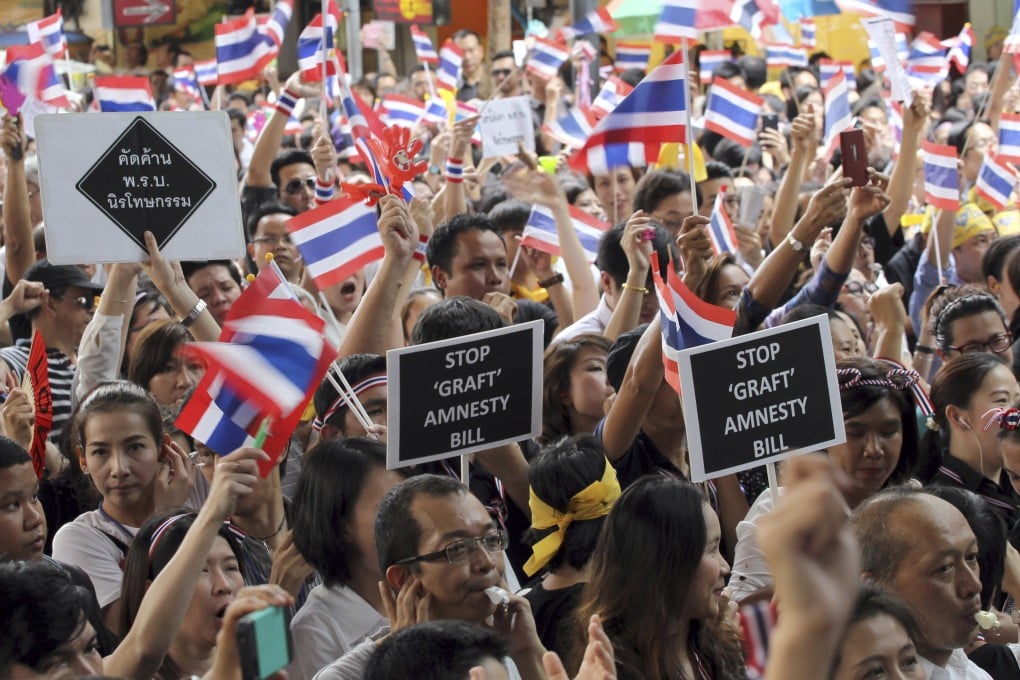Thai Senate to reject controversial amnesty bill, says speaker
Thailand's Senate speaker Nikom Wairatpanij rejects bill to allow return of Thaksin Shinawatra, says 'majority agrees with me'

The Thai Senate will reject an amnesty bill critics say is aimed at bringing back convicted former premier Thaksin from exile, the Senate speaker said on Wednesday, a move that could defuse rising tension on the streets of Bangkok.
The bill is aimed at whitewashing crimes committed by all leaders involved in political unrest since 2004 and is backed by the ruling Puea Thai Party of Prime Minister Yingluck Shinawatra, Thaksin’s sister.
“I reject this bill and will send it back to the lower house. We will not accept this amnesty and the Senate majority agrees with me,” Senate Speaker Nikom Wairatpanij told reporter.
Thousands of protesters have taken to the streets of Bangkok since Friday in protest at the bill, threatening to disrupt months of calm in a country scarred by bloody unrest in 2010.
“We cannot trust the government and their words until this law is withdrawn from parliament.”
More than 5,000 students at Bangkok’s prestigious Chulalongkorn University marched through the capital in protest against the bill on Tuesday as public outrage gathered momentum.